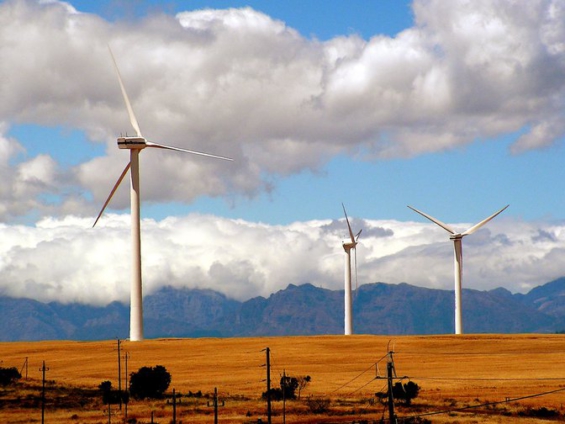Stakeholders in sustainable environmental practices have called on government to deliver on its commitment to using renewable energy.
According to them, the development will help augment the existing pressure on the national grid.
This was made known at a conference organized by the Alliance of Civil Society Organisations for Clean Energy Access (ACCESS Coalition).
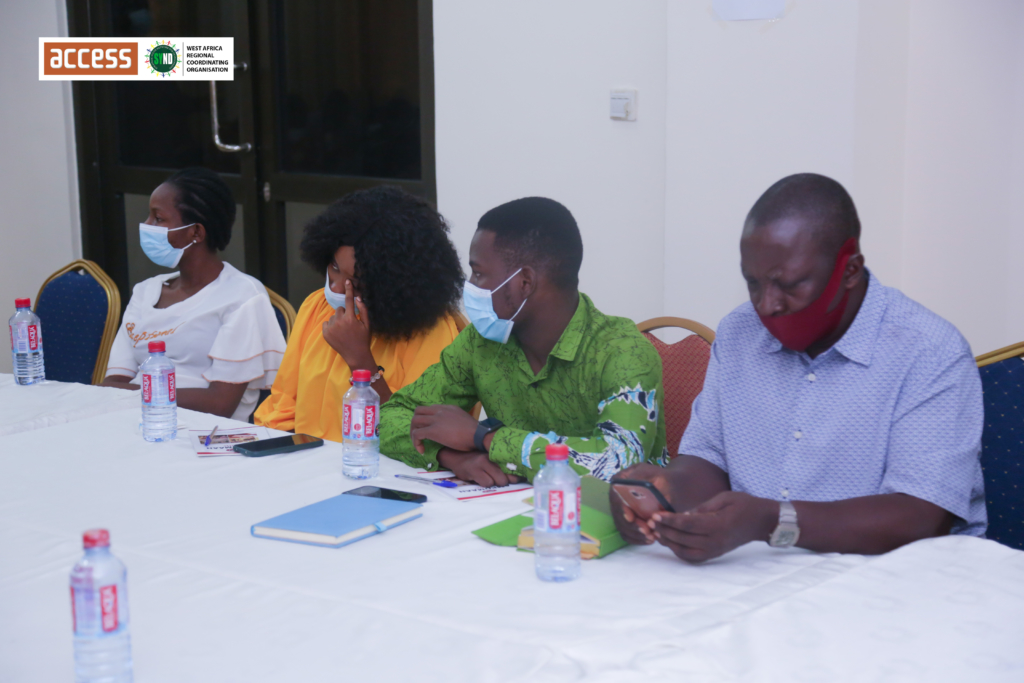
The event which was hosted in Accra on Thursday, June 24 was to allow the gathering of experts and NGOs to deliberate with the National Development and Planning Commission (NDPC) on the country’s strife towards improvement in renewable energy reach.
In a presentation, NDPC representative, Patience Ampomah explained that lessons learnt from the Millennium Development Goals have been factored into achieving the Sustainable Development Goal (SDGs).
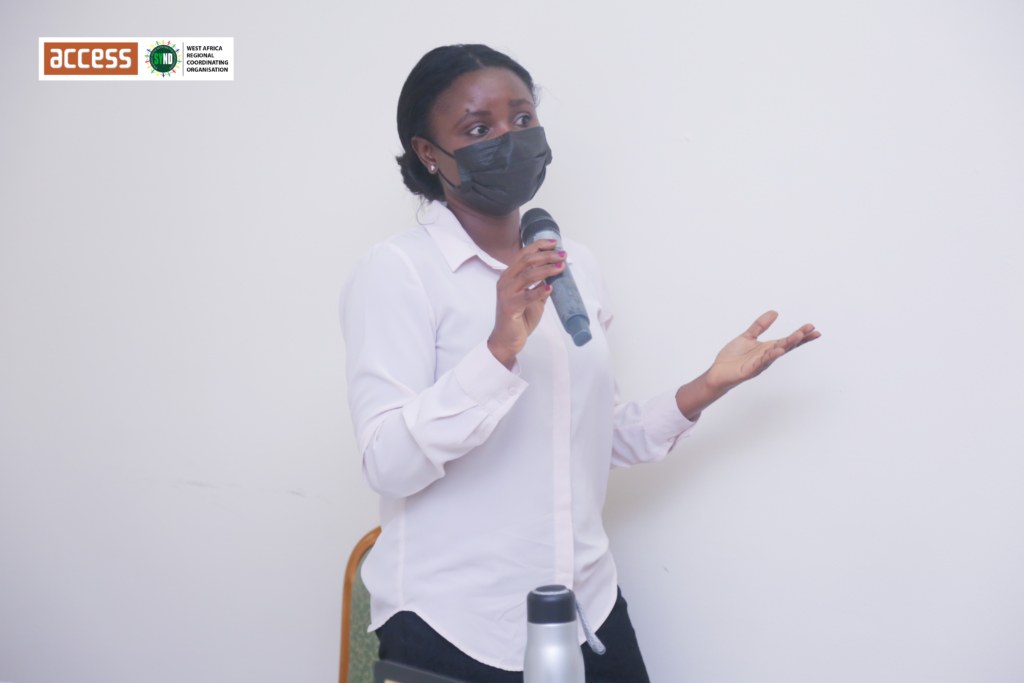
According to her, the three-tier approach towards the attainment of SDG 7 and 13 comprising the Implementation Coordination Committee (ICC), High-Level Ministerial Committee and the Technical Committee level.
Madam Ampomah further indicated that the commitments are linked to Agenda 2063 in tracking SDGs.
She, among other things, revealed that the Commission has identified some successes such as the high installed capacity for renewable energy and urged that stakeholders in the clean energy value chain must take advantage of.
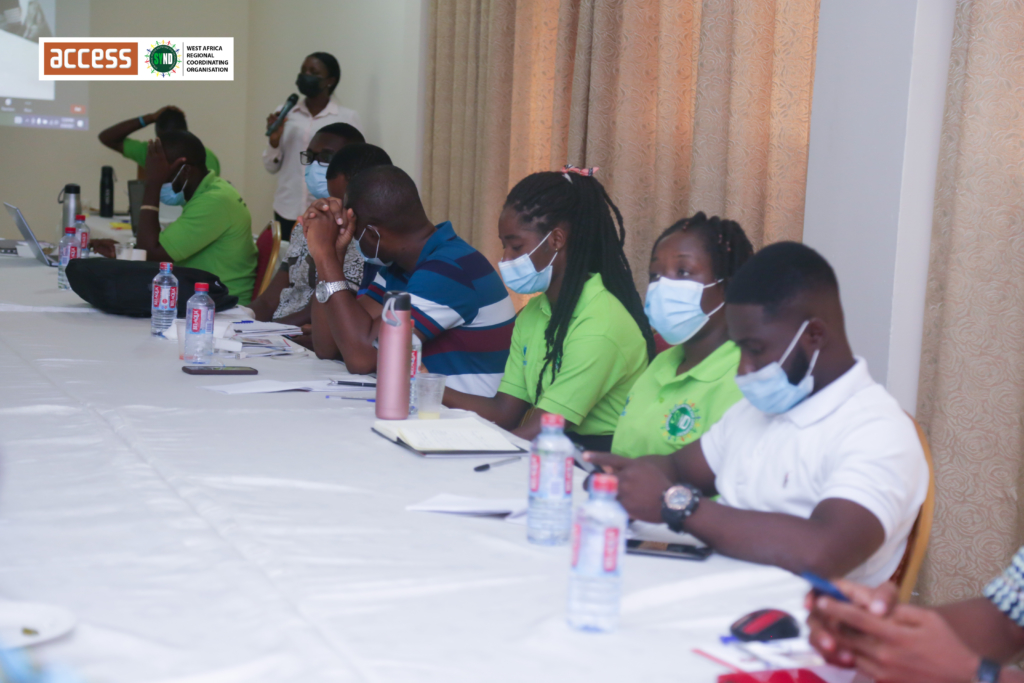
The NDPC representative, however, highlighted poor revenue collection regime as being one of the factors impeding the progress of the energy sector.
She also mentioned that some strides have been made towards achieving 20% renewable energy access in Ghana by 2030.
However, Senior Policy Analyst at the Africa Centre for Energy Policy (ACEP) was not enthused by the assertion.
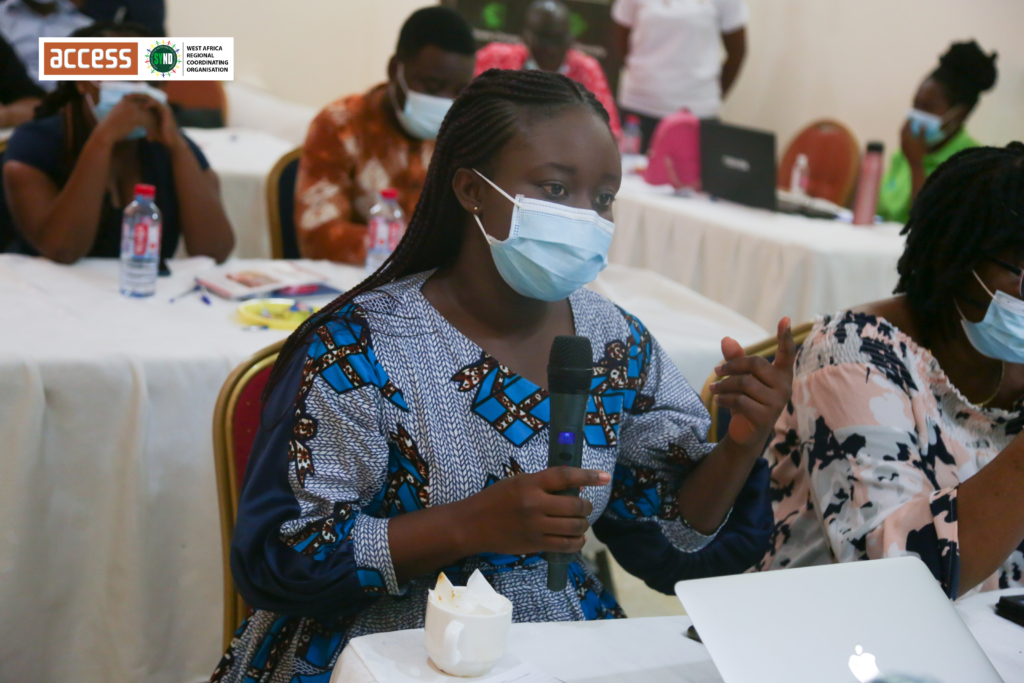
According to Maybel Acquaye the target is unrealistic as producers in the renewable energy value chain are being stifled.
“The Strategic Energy Plan 2006-2020, initially government set 10% RE target to be achieved by 2020 we had barely achieved 1% of RE… in exclusion to hydro…” she lamented.
“Meaning that we are woefully below the 10% target in addition to the agenda 2063 indicator we are not making that much progress so government revised the target from 2020 to 2030.”
On the back of this, the policy analyst expected the government to inculcate strategies to intensify renewable energy penetration this time around, which according to her, is not the case.
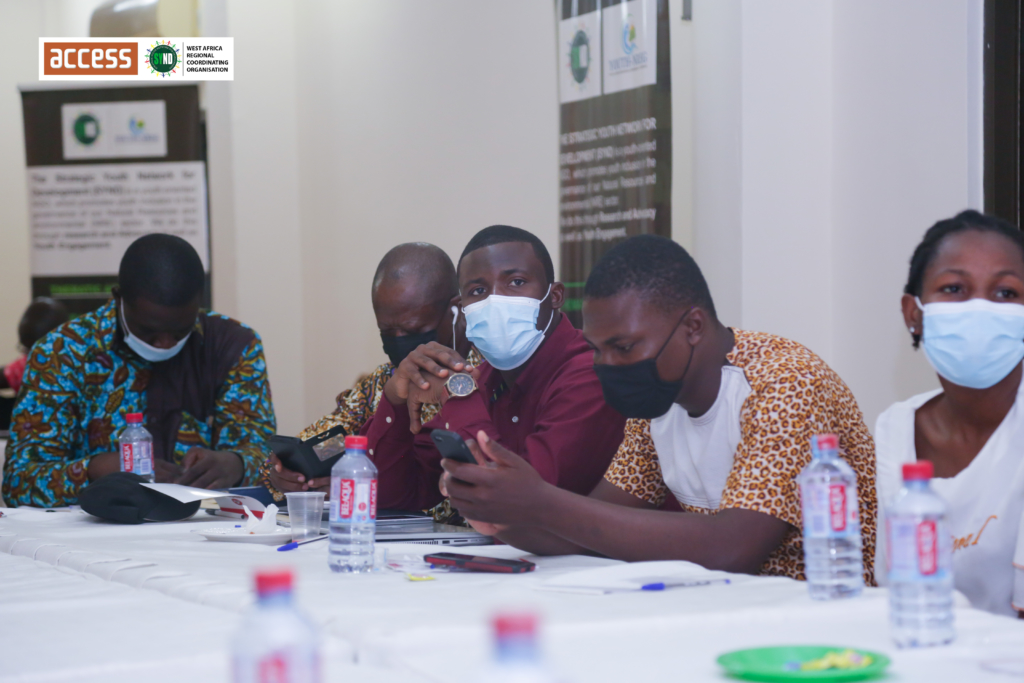
She is worried about the feasibility of this target in the face of current “suspension of the issuance of licenses and purchasing power agreements in the embedded generation into the national grid.”
A representative from the Energy Ministry had indicated the availability of excess capacity in the traditional energy generation mix.
But the ACEP representative believes this contradicts the government’s commitment to increase clean energy in the value chain.
“We should not sacrifice renewable energy because of some issues that we have with excess capacity because the RE offers a cheaper energy alternative particularly for businesses,” she advised.
Meanwhile, Executive Director for Strategic Youth Network for Development (SYND) Chibeze Ezekiel also outlined the workstreams executed as part of the activities of the ACCESS Coalition.
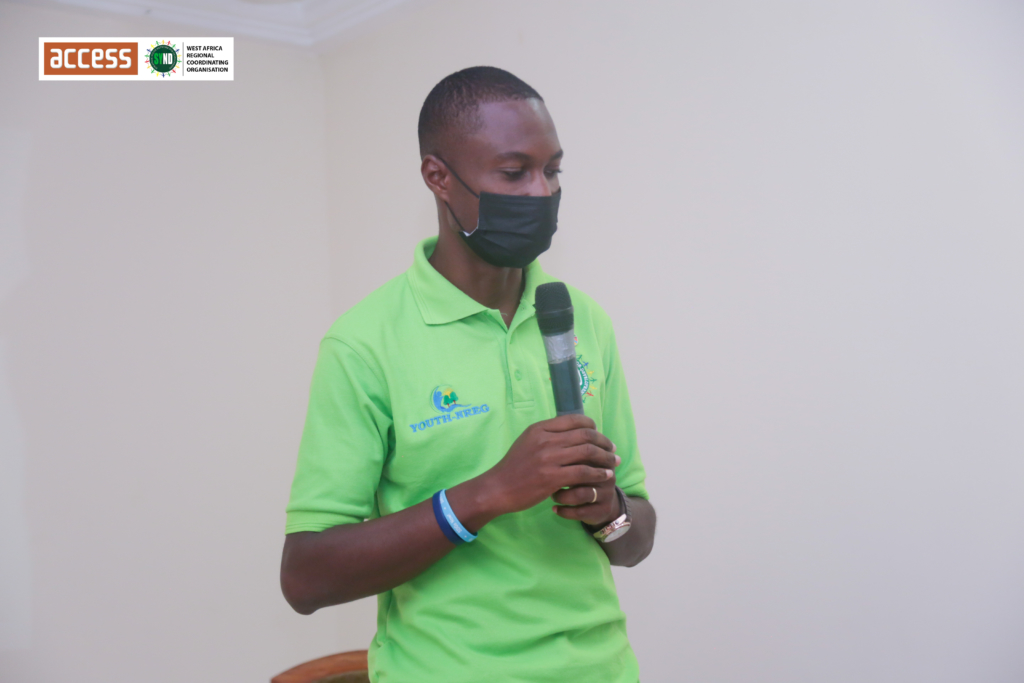
He enumerated the efforts by to influence the Africa Development Bank and World Bank through policy strategies, research, capacity building, and advocacy-related activities among others.
SYND-Ghana is the West Africa node for ACCESS Coalition.
Representatives from the Atomic Energy Commission, Energy Ministry, ACEP and ACCESS Coalition Members both locally and internationally with many a myriad of others joining in virtually via Zoom.
Latest Stories
-
The driver’s mate conundrum
14 mins -
IMF Deputy Chief worried large chunk of Eurobonds is used to service debt
29 mins -
Otumfuo Osei Tutu II celebrates 25 years of peaceful rule on golden stool
33 mins -
We have enough funds to pay accruing benefits; we’ve never missed pension payment since 1991 – SSNIT
57 mins -
Let’s embrace shared vision and propel National Banking College – First Deputy Governor
2 hours -
Liverpool agree compensation deal with Feyenoord for Slot
2 hours -
Ejisu by-election: There’s no evidence of NPP engaging in vote-buying – Ahiagbah
2 hours -
Ejisu by-election: Independent ex-NPP MP’s campaign team warns party against dubious tactics
2 hours -
ZEN Petroleum supports Tse-Addo Future Leaders School
3 hours -
NPP must win back Adentan seat in 2024 polls – Obeng Fosu
3 hours -
PPA Clarification: The dark side of the World Bank’s ‘giveaways’ in Ghana by Bright Simons
4 hours -
Blinken says China helping fuel Russian threat to Ukraine
5 hours -
MHA declares May as Purple Month for Mental Health Awareness
5 hours -
WAEC arrests former headmaster over illegal students registration
5 hours -
MeToo founder Tarana Burke defiant after Harvey Weinstein ruling
5 hours

